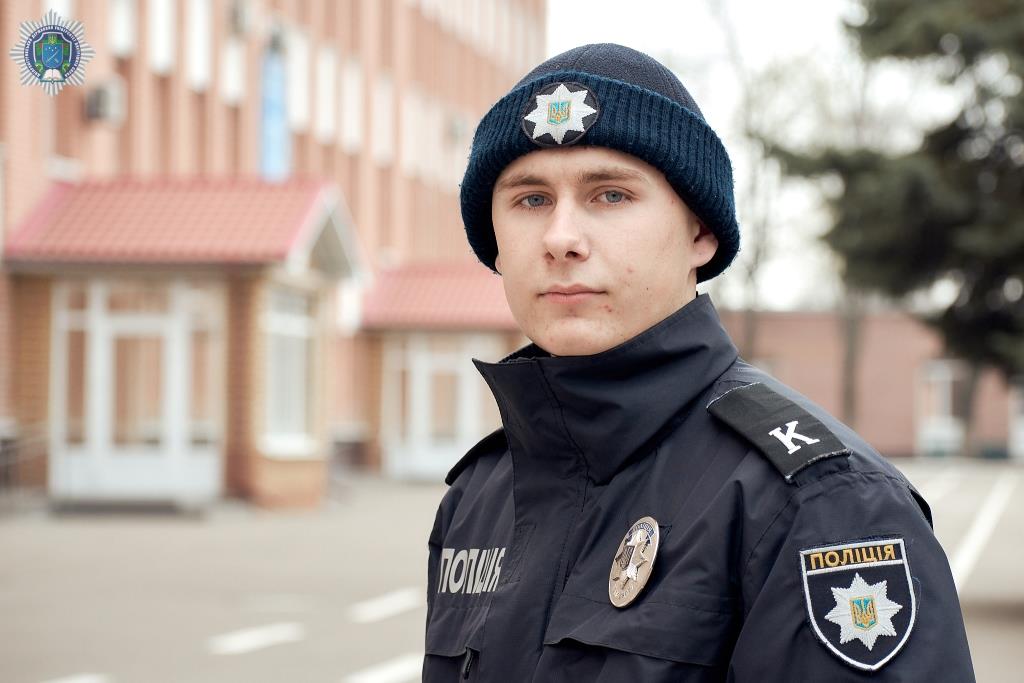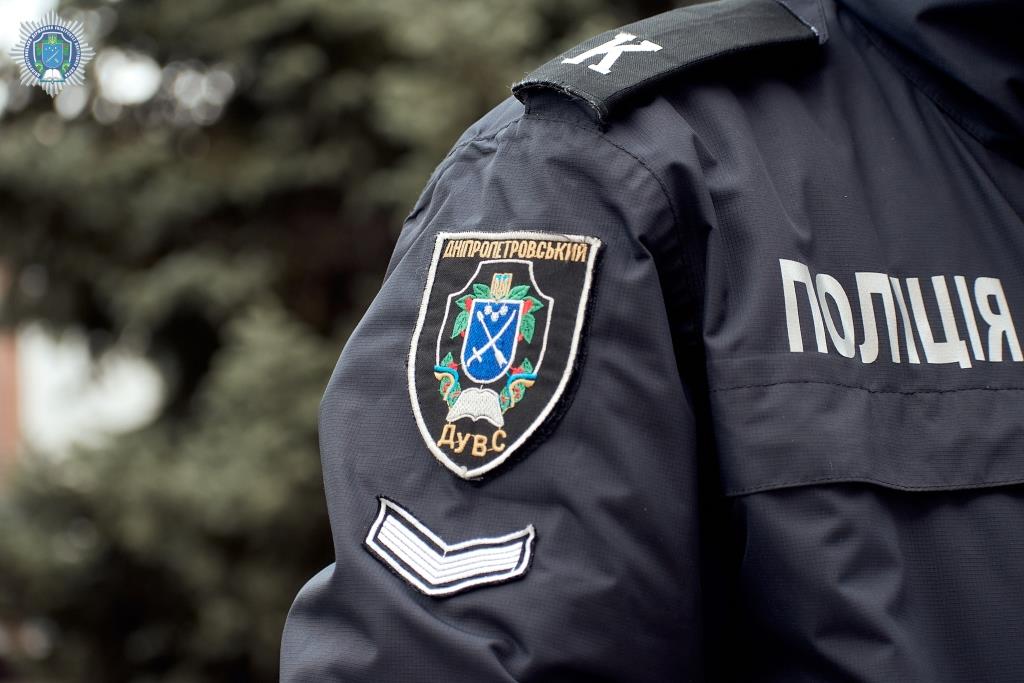
Your strength check will always come as a surprise. You are walking along the street, thinking about daily routine. And in a moment you are already passing a “life exam”. Probably, it will be the most difficult one entirely.
Bohdan Kuprii, cadet of Dnipropetrovsk State University of Internal Affairs, studies at Criminal Policy Faculty and plans to become a law enforcement officer.
That morning he was walking along Gagarina ave. When crossing the road, he saw a woman falling at the opposite side of the street. Youngster ran there immediately.
“I said I was a police officer and asked people to keep a distance. Then I checked the woman’s consciousness level, counted her pulse and placed her in a stable lateral position. Afterwards I called an emergency ambulance team. I experienced neither doubt. All that time I saw a training table with algorithm of actions we had worked over at tactical medicine classes in front of my eyes. There was nothing to think about. I was just doing what I had to”, DSUIA cadet told us.

Having provided emergency assistance, Bohdan learnt from a woman’s companion that they had just got out of the hospital due to the woman’s stroke.
Even when she started returning to consciousness and refused of emergency assistance, the cadet did not allow her to stand up, put his coat under her head and stayed near until doctors arrived.
According to Olena Nikiforova, associate professor of DSUIA Criminalistics and Pre-Medical Assistance Department, each step has been performed qualitatively, correctly and methodically.
“Loss of consciousness at the after-blood-stroke state and further wrong head position may cause death. Therefore, the most important thing in that situation was to keep the woman’s head in a raised position, as Bohdan did. I am impressed with how perfectly he mastered the skills of providing pre-medical assistance!”, trainer told.
Olena Nikiforova also stated that pre-medical assistance at Dnipropetrovsk State University of Internal Affairs had recently been re-structured, and future police officers started learning the peculiarities of providing pre-medical assistance with simulations.

“At an emergency people experience stress, a so called stage of “tunnel sight” or “tunnel hearing”. It means that a person cannot see peripherally, but can see and perceive only something in the center. Thus, we immerse cadets in a stressful situation for them to experience an emergency. We aim at making the skills of future police officers automatic during pre-medical assistance and tactical medicine courses”, Ms. Nikiforova emphasized.
Bohdan Kuprii, in his turn, said that he experienced shock only after having provided pre-medical assistance to the woman, when he started realizing what had happened.
“I acted instinctively without thoughts or doubts. I just knew what to do”, the cadet shared his impressions.
It shall be mentioned that cadets of Dnipropetrovsk State University of Internal Affairs undergo educational courses in pre-medical assistance, where they learn to provide it accurately, as well as in tactical medicine, where they learn how to act under emergency situations as police officers. Upon the successful completion of these courses further certification of cadets is stipulated at the University.

— 857

